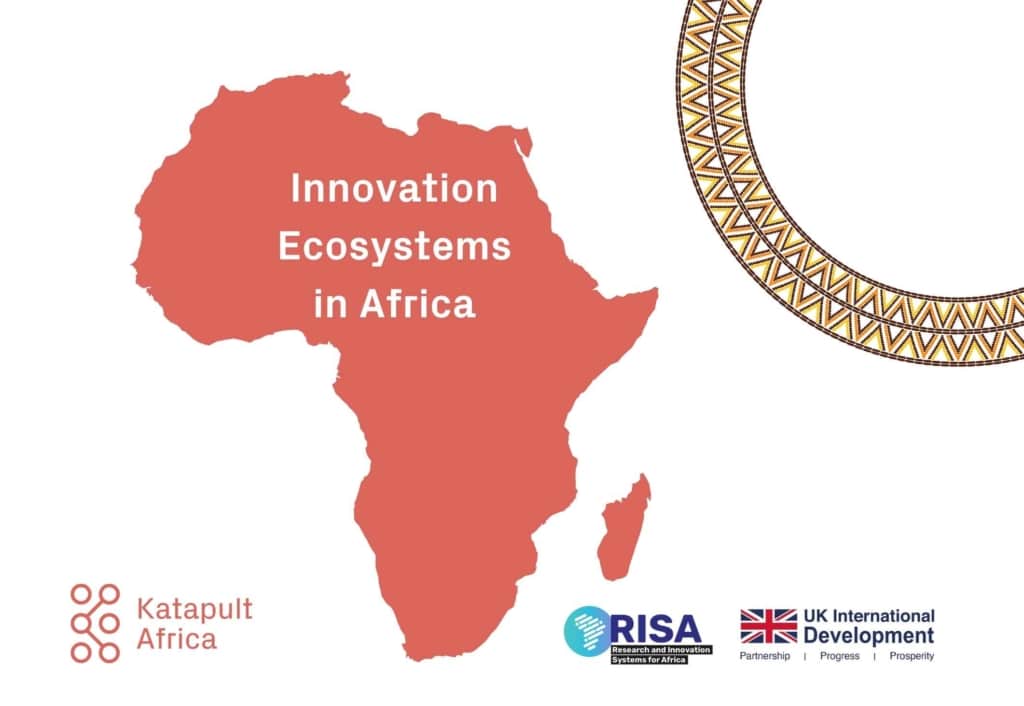Scaling with impact integrity at your core

In this article, Katapult Foundation’s Head of Strategic Partnerships, Evita Zanuso, explores what lies at the core of successful and meaningful impact investing. On 21 April, Evita will be speaking at the Impact Investing Event for Institutional Investors in Stockholm as part of the wider Impact Seminar Series 2022: Nordics.
We have always believed that impact unicorns will play a significant role in helping solve the greatest challenges we face as a humanity but when Larry Fink, CEO of Blackrock said that “the next 1000 unicorns won’t be search engines or social media companies, they will be sustainable, scalable innovators – start-ups that help the world decarbonize and make the energy transition affordable for all consumers”, the investing world took notice.
We have always believed that impact unicorns will play a significant role in helping solve the greatest challenges we face as a humanity but when Larry Fink, CEO of Blackrock said that “the next 1000 unicorns won’t be search engines or social media companies, they will be sustainable, scalable innovators – start-ups that help the world decarbonize and make the energy transition affordable for all consumers”, the investing world took notice.
In case you are not familiar, unicorns are privately owned companies that are valued at more than a billion dollars and it’s what most venture capitalists get up in the morning in search of. For some impact investors, the definition of an impact unicorn is different, they prefer to define it as a company that is affecting the lives of a billion people. We prefer the billion-dollar valuation definition for the simple reason that it is already well understood amongst investors and as Larry Fink pointed out, increasingly it will be impact driven companies that will see those valuations anyway.
Katapult, our venture capital family member, knows something about impact unicorns having supported two through its accelerators and subsequently invested from its venture funds. Betterfly became Latin America’s first “social”and B-Corp unicorn having successfully created a business model that embeds B2B2C that combines financial services, well being and social impact, poised for further growth around the globe. Esusu is another fin-tech solution and it enables tenants with no or poor credit history to build one. The latter is founded on one of the co-founder’s own lived experience of being financially excluded as an immigrant in the USA with no credit history.
Magical creatures aside, what’s becoming apparent is that the technology revolution of the last decade has solved many problems but also created many new ones. The technology innovations of the old didn’t have impact at its core, with an increasing number of investors claiming they are now impact investors and focusing on mission, intentionality, and impact contribution of the companies
they are investing in, we will hopefully see more investment go into genuinely impactful companies, that not only demonstrate and show investors the good they are doing but are mindful of the unintended consequences or harm they might be creating. Only with honesty, transparency and impact integrity at its core will impact investing live up to its claims and potential to contribute to the
environmental and social challenges we face.
Top 3 tips
- Impact integrity
With more and more fund managers and investors claiming to care about impact, the onerous is increasingly on asset owners to learn what’s genuinely impactful. There are tools out there including the Impact Management Project’s norms and how to integrate impact into your investment practice. Ultimately impact integrity is about the people involved and asking questions, often uncomfortable ones. A top tip is not to assume that those who talk about others “impact washing”aren’t doing it themselves. - How can impact investors do better?
One attribute I believe most impact investors have (if they are genuine), is the desire to improve through learning. I would urge every impact investor to read The Key Man by ex Wall Street Journal journalist Simon Clark and Will Louch. Whilst this book is mostly about fraud – a ponzi scheme in the impact investing world masterminded by Arif Naqvi who founded Abraaj, Clarke raises some very valid and important questions for impact investors around transparency, “over claiming” impact and bringing those with “lived experience” into the investment decision making process. - Look to our oceans if you care about climate change – the next frontier
We are in a climate emergency and asset owners and fund managers are understandably focused on this issue. Oceans make up 70% of planet earth. The focus on climate change so far has predominantly been on land, even though our oceans do an immense amount for humankind – helping us breathe by producing at least 50% of oxygen on earth and absorbing 50 times more carbon dioxide than our atmosphere. Yet, it’s still relatively untapped as an area for impact investors. You can learn more by downloading the The Blue World Perspective report from Katapult Ocean.
This article was originally published in the Impact Seminar Series: Nordics, Featured Impact Strategies and Impact Related Readings. You can read more insightful articles from leading figures within impact investment, here.

